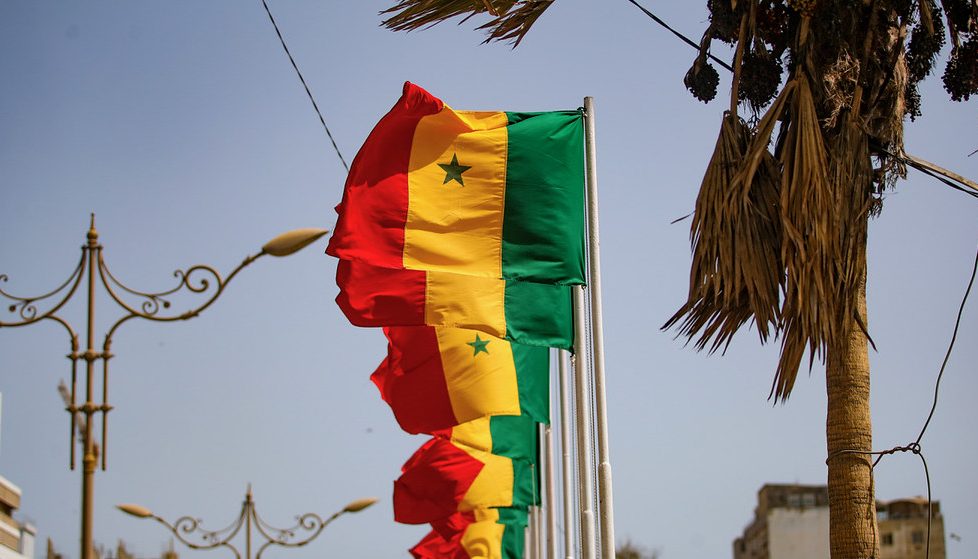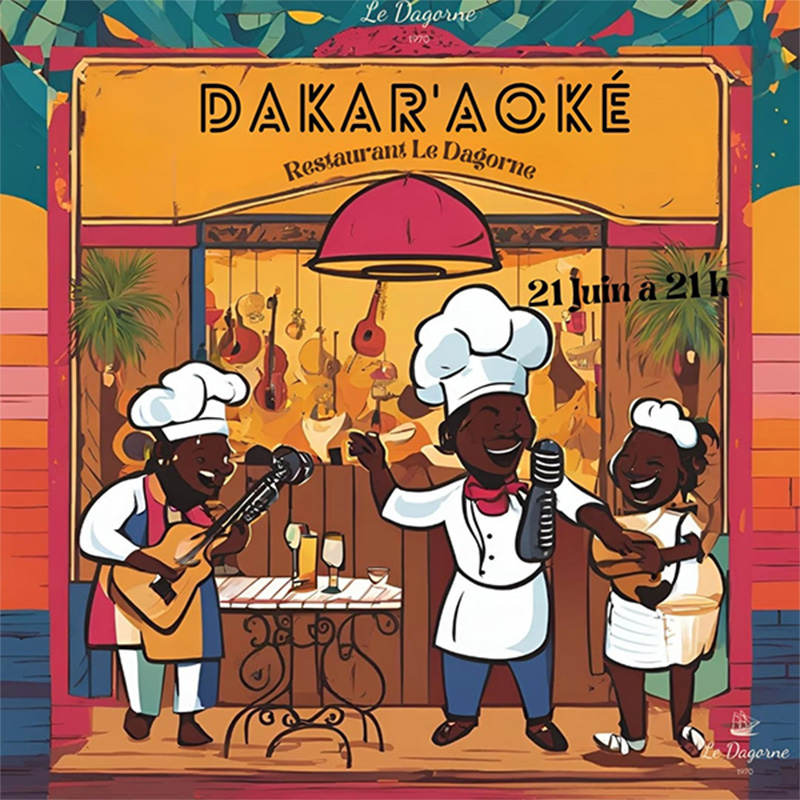The Soul of the Nation, the Mysticism of the Republic and the Invisible Hand of the State


What is this alchemy that has kept us Senegalese on the edge of the precipice since the dawn of time, when all seems lost and even honour is compromised?
The Constitutional Council’s decision, which sends both the Executive and the Legislature back to school, is a great victory for us because it reveals something of the soul of our nation, the mysticism of our Republic and the invisible hand of our State.
At a time when Senegal is hitting rock bottom, laughed at and ridiculed by world opinion, our homeland, which I like to define as a « country located in Africa » in the eyes of the Western world, is joining the ranks of tropical democracies that make you smile with compassion.
Read the column – Senegal: Tales of Good « Democracy »
Already, to be the Republic of Senegal and not the Federation of Mali, it takes the bad faith of Houphouët-Boigny and the keen sense of intrigue of Jacques Foccart to ensure that four countries – Senegal, Mali, Upper Volta and Benin – are reduced to just two, face to face.
In the meantime, Upper Volta and Benin entered a four-way partnership, the Council of Understanding, with Niger and Côte d’Ivoire, to which Togo would be added. To console all these good people, there will be a few lollipops to hand out, compliments of Françafrique.
The then French Sudan of Modibo Keïta faced the Senegal of Léopold Sédar Senghor and Mamadou Dia…
Modibo Keïta, a tough Muslim Mandingo, had no love for the precious Latinist Catholic Sérère Léopold Sédar Senghor. He preferred to do business with the Baol-Baol Muslim Mamadou Dia, whom he saw as his right-hand, while he would be at the head of the Federation. Ideally, Lamine Guèye would do some groundwork at the National Assembly. Senghor would be given a small role in the scheme and would have to flatter himself while waiting for history to consign him to oblivion.
Read the column – Diouf-Wade: How Many Schemes?
This was undoubtedly the moment when the soul of the Senegalese nation was born.
The choice was made: the Sudanese, as they were then called, were neutralised and put on the first train to Bamako. Before being pagan, Muslim or Catholic, Wolof, Bambara, Diola, Peul, Sérère or Toucouleur, we are Senegalese.
And that’s no mean feat.
Admittedly, in the light of the latest news, it’s easy to have doubts. I concede that, because frankly, it’s enough to make you despair when you come from the country that gives birth to world-class humanists, whose saga is told to the farthest corners of the planet, such as Blaise Diagne, Lamine Guèye, Léopold Sédar Senghor, Isaac Forster, Cheikh Fal, Makhtar Mbow, Hyacinthe Thiandoum, Souleymane Bachir Diagne, Doudou Ndiaye Rose, Joseph Ndiaye, Ousmane Sow, Diagna Ndiaye, Makhtar Diop, Aziz Dieng, Sadiya Guèye, Akon, Youssou Ndour, Mbougar Sarr, Battling Siki, Aliou Cissé and Sadio Mané, only to be finally represented by the small fry, the species of Coura Macky, Mame Diarra Fam, Abdou Mbow, Ahmed Aïdara, Guy Marius Sagna, Barthélemy Dias, those wierd trees that hide the forest of cretinism… Several decades ago, a luminous mind sketched out the national psychological profile in three « Ds »: « Deureum, djiguén ak daradja« . In other words, money, women and honour. After that, I have a feeling that hard-line feminists will be tearing out their natural hair again. But never mind…
Illustration ?
A video has been circulating showing Modou Mbacké Bara Doly, a member of parliament, who has been the talk of the town recently following his presidential candidacy, a few months after an offence against the Head of State that landed him in police custody and led to some embarrassing explanations… A sycophant films him in front of a row of state-of-the-art racing cars, one of which apparently cost him a vulgar eighty million CFA francs. Rest assured, there are others, no doubt just as expensive. In no particular order, there’s the one he bought to show off, the one he uses to drive around discreetly, the one he used to campaign in last year, and no doubt others he uses for short trips to the market and small purchases on a whim. He occasionally shows off two adjoining multi-storey buildings that house his brood, which is clearly well off the grid. An anomaly: there is no garage for all the motorised monsters parked in front of his Lil empire…
The Negro in all his splendour.
A strange pistol, so far removed from the gentle madness that inhabited the founding fathers of the Nation, for which they sacrificed even their family life: the mysticism of the Republic. Senghor, who renounced his paternal inheritance and whose wild dream was to enter the College of France after 1963, spent almost eighteen years in a row in a series of distressing Senegalese rants, before handing over the keys to the house of Senegal to a servant who was too obsequious to be sincere.
To err is human…
At the time of his arrest, Mamadou Dia, Head of Government, had no property and no more than 170,000 CFA francs in his bank account. One of his close colleagues was nearly fired for having the bad idea of trying to improve his comfort. Alerted by the wife of the President of the Governing Council, who showed him the straw mattress on which they were sleeping, and the dilapidated household equipment, the missus dominicus, renovated the furniture. When Mamadou Dia noticed the change, he summoned the unlucky one and gave him an unforgettable dressing-down. The sacking was narrowly avoided…
And then there’s Jean Collin… A Toubab who arrived from Cameroon with faith in our nation, which he made his own. In 1958, when it was time to take a stand against De Gaulle, while Senghor hesitated and Mamadou Dia avoided confronting him head-on, Jean Collin, despite the instructions, wrote a straightforward speech that Valdiodio Ndiaye delivered: Senegal wants its independence. He held the Ministry of Finance for seven years, from 1964 to 1971, then the Ministry of the Interior for nine years, from 1971 to 1980, before becoming the country’s real boss, Minister of State, appointed before the Prime Minister, Secretary-General of the Presidency of the Republic from 1981 to 1990, he is the real boss: if the mysticism of the Republic had to have a face, it would be his.
He will also embody it through the invisible hand of the State, with sobriety, discretion and rigour.
It is this invisible hand that has kept us on the edge of the precipice until now, when even honour is open to question. It is the hand that spares us the trivialities that pessimists like me accidentally refer to as the reason of State. Except that to hold it and direct it without trembling, you need to have, deep down, a bit of the soul of the Nation, and the mysticism of the Republic.
By Ibou FALL

